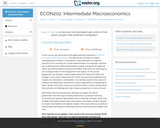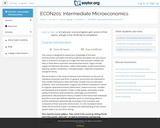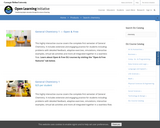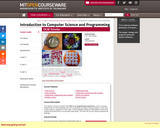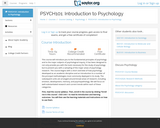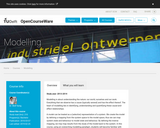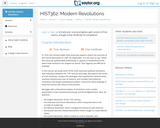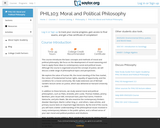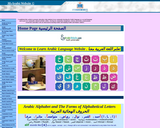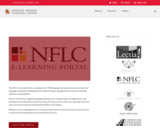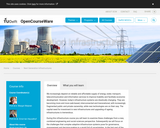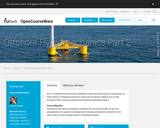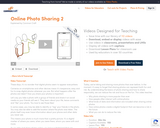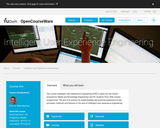
The course Intelligent User eXperience Engineering (IUXE) is given for the master programme 'Media and Knowledge Engineering' and for students from other master programmes. The aim is to achieve an understanding and practical experience of key principles, methods and theories in the area of intelligent user experience engineering. Study Goals: Knowledge of a basic, coherent approach for developing software systems in such a way that the systems' users can accomplish their goals effectively and efficiently, and with a high level of satisfaction. Knowledge of new theories and methods for improving the user experiences in the development of intelligent systems, and of research approaches to enhance the theoretical and empirical foundation of IUXE methods. Practical experience in an iterative human-centered development process, i.e. the application of theories and methods for the generation and testing of intelligent user interfaces. This process comprises the generation of a design with its rational, and user experience testing with video analysis, logging and data analyses tools.
- Subject:
- Engineering
- Material Type:
- Assessment
- Lecture
- Lecture Notes
- Reading
- Provider:
- Delft University of Technology
- Provider Set:
- Delft University OpenCourseWare
- Author:
- Mark Neerincx
- Date Added:
- 02/15/2016

